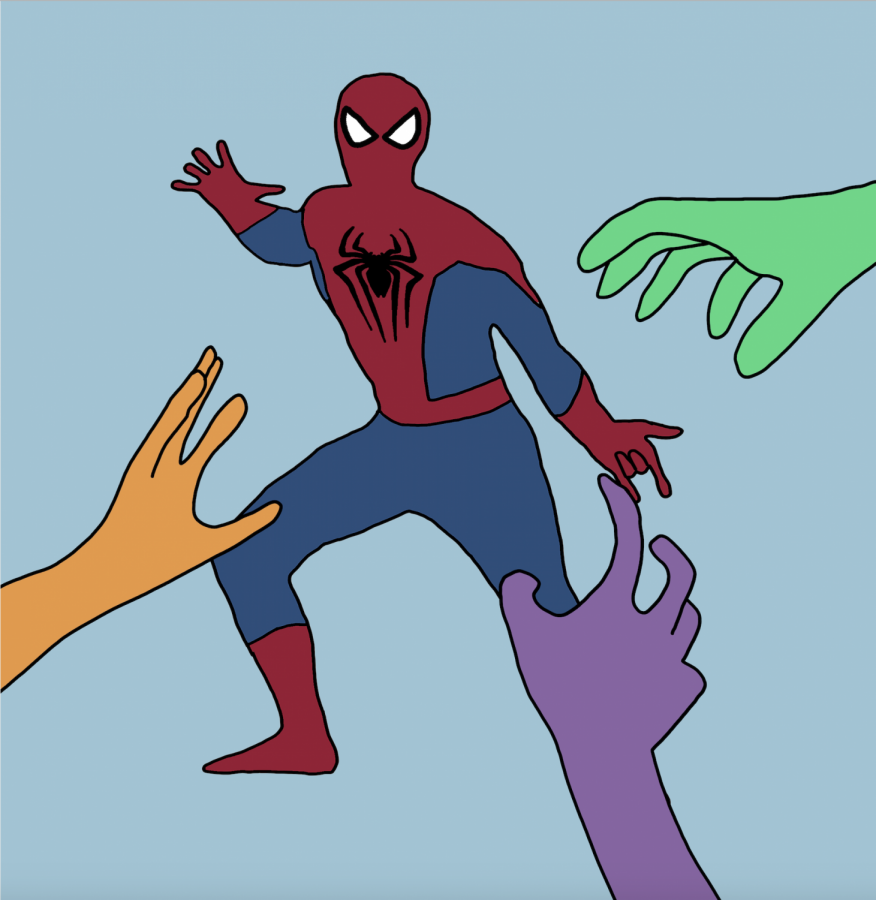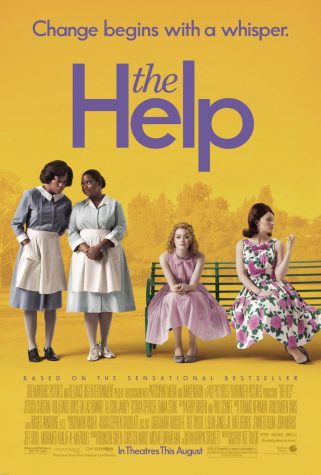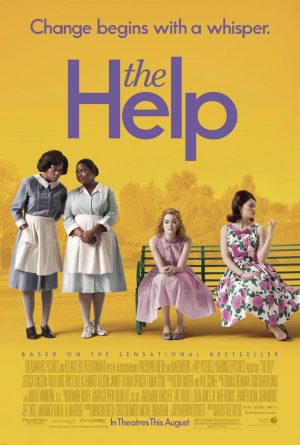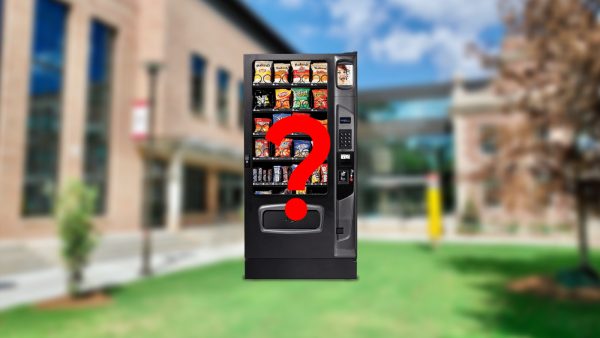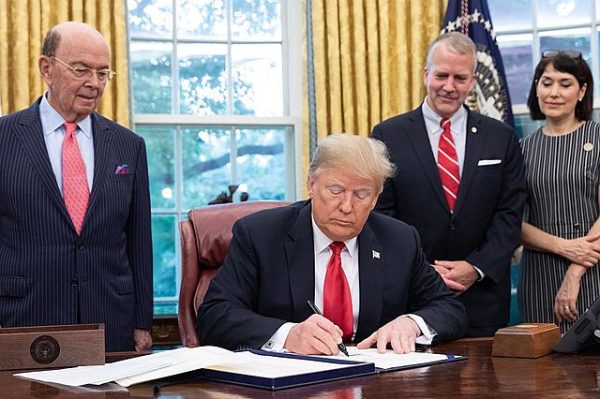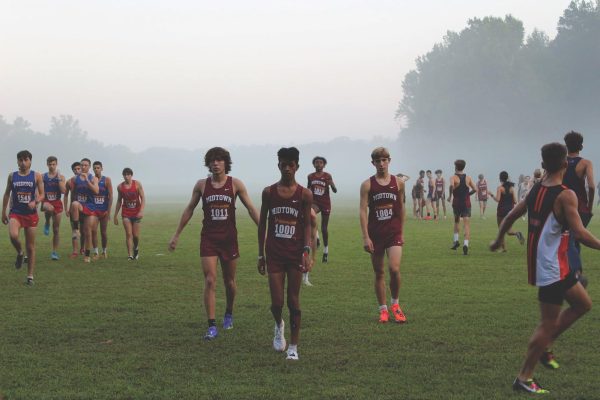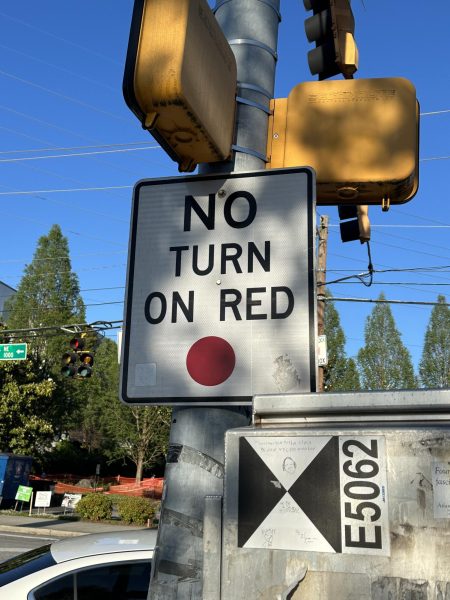Mismanagement of Marvel character rights disadvantages fans
Many entertainment studios have held or made grabs for Spider-Man’s movie rights, including Sony and Marvel Studios.
Marvel movies are universally appealing. Part of their genius is that they attract a myriad of audiences. You could be there for the riveting action scenes, for the well-known and attractive actors, or to see the material you’ve read in the comics come alive on the big screen.
However, these movies can’t be like the comics. Too many characters are in the hands of too many companies, with exclusive rights. This means you can never see Wolverine and Hulk be friends or watch Professor X and Nick Fury argue. Marvel movies and characters are caught in a messy, confusing web of corporate interests, and it affects fans over and over again and again. The latest character at risk? Spider-Man.
On Aug. 20, 2019, Deadline broke the news that Tom Holland’s fan-favorite Spider-Man, who has been in five movies so far, would no longer appear in the Marvel Cinematic Universe (MCU). The agreement between Sony and Disney’s Marvel Studios had been renegotiated.
In 2015, when “The Amazing Spider-Man 2” flopped at the box office and with critics, Sony approached Marvel Studios with a deal. Sony would retain the rights to Spider-Man and pay for and distribute two Spidey-focused movies, but Marvel would produce the movies, receive 5 percent of the profit and be allowed to use Spider-Man in the already wildly popular MCU movies.
But after “Spider-Man: Far From Home” was released, the deal ended and renegotiations began. Anonymous sources reported that Disney wanted a larger role in the financing of the movie and the profit, but Sony wasn’t willing to give up Spider-Man. After all, “Spider-Man: Homecoming” and “Spider-Man: Far From Home” had been some of Marvel’s most profitable movies. In the end, the whole deal splintered and Tom Holland’s Spidey had officially left the MCU.
That’s not where the story ends. Fans went ballistic on every social media platform, pointing fingers at Sony and Disney for nixing the wildly successful character for no reason other than profit. Tom Holland (whose fans played a large role in the movement) personally begged Disney CEO Bob Iger and Sony chair Tom Rothman to continue his character’s movies.
And it worked. Sony and Disney reached a deal for another movie to be released in 2021. Fans calmed down, and all was right in the world. However, the entire situation shone a light on how complicated and terrible for fans Marvel and Marvel Studios’ dealings with movies and characters really are.
In the 90s and early 2000s, a whole slew of movies were made with rights sold off by Marvel Comics. Fox made a ton X-Men movies and not one, not two, but THREE poorly received reboots of the Fantastic Four. Sony started two Spider-Man trilogies and only finished one, and Universal made “Hulk.” And no, the complexity doesn’t stop there.
Fast forward a few years and many movies. Marvel Studios had rolled out an Iron Man trilogy, two Thors, a Captain America movie, and “The Avengers.” However, Marvel wanted to have more movies, with more characters.
Over the years, that’s what’s happened. Disney’s Marvel Studios has slowly but surely picked up characters, until recently, when Fox absorbed into Disney.
Marvel Studios now has dominion over already popularized characters such as the X-Men and Deadpool, along with the myriad characters Marvel already hold. Disney has rights to literally everything, except for Namor the Sub-Mariner (who is currently residing in a gray area of the Universal agreement with Disney), Rick Jones, (the kid who’s responsible for the accident that created Hulk), the Defenders (Netflix) and Spider-Man and his related characters, who Disney is just borrowing the rights to.
But the important thing is that Marvel Studios can make movies with most to all of the essential characters in the traditional comics. This is what fans wanted all along- to see the types of epic crossovers that happen all the time in the comics, but not often in the movies. Imagine “Avengers: Endgame” type events, but on an insane scale.
However, these types of events will take a long time to build up, and may be confusing to viewers. In the meantime, we fans will have to sit, wait and hope that no other ridiculously convoluted corporate agreements come in the way of our much-loved movies.

Anna Rachwalski is a senior and this is her third year writing for the Southerner. Outside of the newspaper, she is president of the Quiz Bowl team, is...

